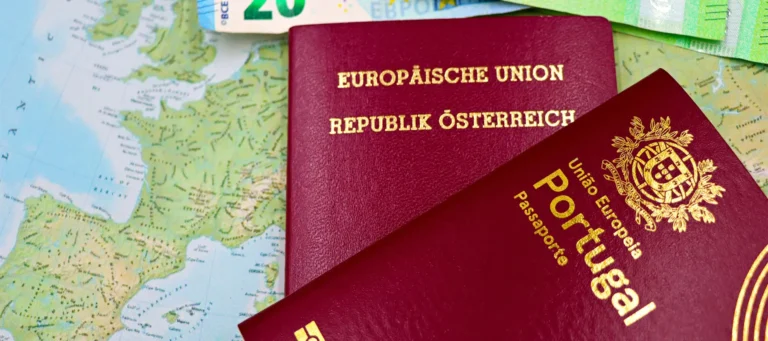When a foreign national commits a crime in Spain, many legal questions arise: Are they tried the same way as Spanish citizens? Can they be deported? What rights do they have during the criminal process?
At Legal Allies, we’re here to answer those questions clearly and directly. We know that facing the criminal justice system in a foreign country can be as confusing as it is stressful.
What law applies to crimes committed by foreigners?
The answer is simple: Spanish criminal law. If a crime takes place on Spanish territory, it is prosecuted under the Spanish Penal Code, regardless of the offender’s nationality. This is based on the principle of territoriality, as set out in Article 23 of the Organic Law of the Judiciary.
So, whether you’re a resident, tourist, or undocumented, if you commit a crime in Spain, you’ll be judged under Spanish law.
What if the crime was committed outside Spain?
En casos muy concretos, la justicia española tamIn very specific cases, Spanish courts can also prosecute crimes committed abroad by foreigners, but only under certain conditions. This includes crimes like terrorism, child exploitation, or human trafficking, and only when there’s a significant link to Spain.bién puede juzgar delitos cometidos por extranjeros en el extranjero, pero solo cuando se cumplen ciertos requisitos. Esto ocurre, por ejemplo, en delitos de terrorismo, corrupción de menores o trata de personas, y siempre que haya una conexión relevante con España.
Rights of foreigners during the criminal process
Foreign nationals have the same procedural rights as Spanish citizens. These include:
- The right to legal representation (including a court-appointed lawyer if needed).
- The right to an interpreter if they don’t understand Spanish.
- The right to be informed of the charges and to a fair trial.
- The right to contact their consulate.
Moreover, Spain is a party to international agreements that protect these rights, such as the European Convention on Human Rights and the International Covenant on Civil and Political Rights.
Can a foreigner be expelled for committing a crime?
Yes, but it depends on the type of crime, the sentence imposed, and the individual’s personal circumstances.
Expulsion as a substitute for prison is regulated by Spain’s Immigration Law (Organic Law 4/2000). In such cases, instead of serving prison time in Spain, the person may be deported and banned from re-entering the country for a set period.
However, expulsion isn’t automatic or applicable in all situations. For example:
- If the foreigner has strong family or work ties in Spain.
- If they’ve lived legally in Spain for many years.
- If deportation would violate their fundamental rights.
Each case is assessed individually by a judge or the Provincial Court.
How can Legal Allies help?
At Legal Allies, we support foreign nationals and their families throughout the legal process by offering:
- Personalised legal and immigration advice.
- Legal translation and multilingual document preparation.
- Defence representation by lawyers specialised in foreign nationals’ criminal cases.
- Online and in-person consultations tailored to the user’s language.
- Clear, up-to-date information without unnecessary legal jargon.
Our platform also includes practical guides and a 24/7 virtual legal assistant to answer urgent questions.
Committing a crime in Spain as a foreigner doesn’t mean losing your rights. Nor does it automatically lead to expulsion. But it does require swift action, good legal guidance, and a solid understanding of the law.
At Legal Allies, we help you face these situations with the peace of mind that comes from having an experienced legal team by your side. Knowing your rights—and acting in time—can make all the difference.




